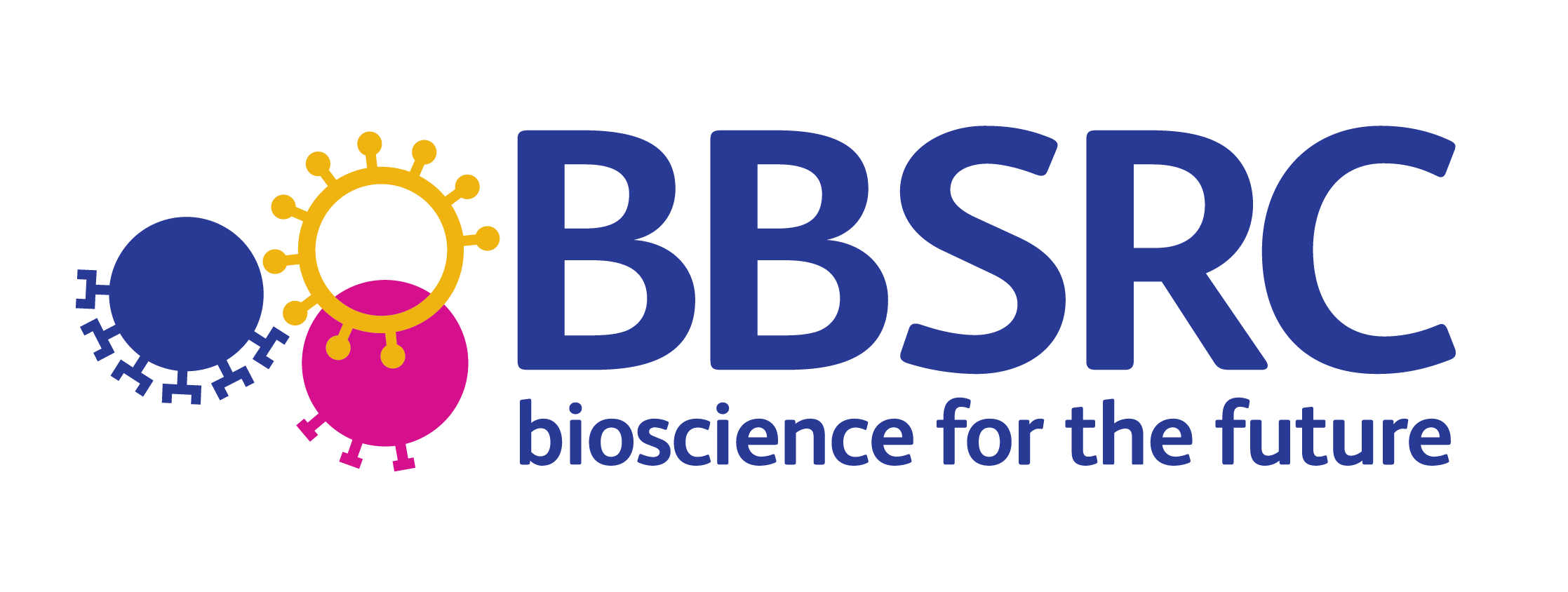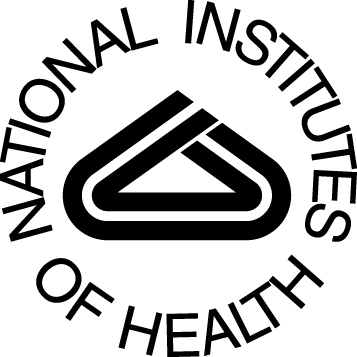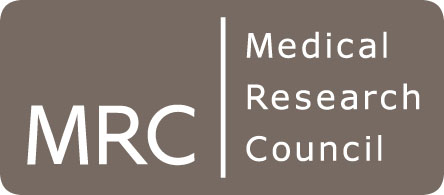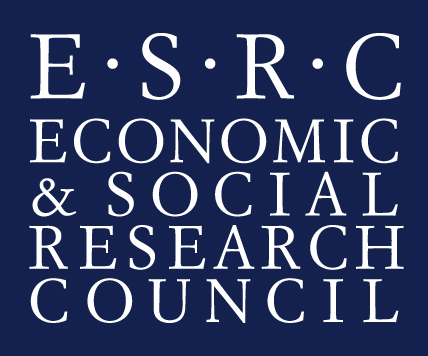ACL Workshop on Detecting Structure in Scholarly Discourse - EXTENDED DEADLINE
2012-03-05
** EXTENDED DEADLINE: 25th March 2012 **
Detecting Structure in Scholarly Discourse
DSSD2012
Workshop in conjunction with ACL 2012
July 12, 2012
International Convention Center Jeju
Republic of Korea
Web: http://www.nactem.ac.uk/dssd/index.php
The detection of discourse structure in scientific documents is important for a number of tasks, including biocuration efforts, text summarization, error correction, information extraction and the creation of enriched formats for scientific publishing. Currently, many parallel efforts exist to detect a range of discourse elements at different levels of granularity and for different purposes. Discourse elements detected include the statement of facts, claims and hypotheses, the identification of methods and protocols, and as the differentiation between new and existing work. In medical texts, efforts are underway to automatically identify prescription and treatment guidelines, patient characteristics, and to annotate research data. Ambitious long-term goals include the modeling of argumentation and rhetorical structure and more recently narrative structure, by recognizing 'motifs' inspired by folktale analysis.
A rich variety of feature classes is used to identify discourse elements, including verb tense/mood/voice, semantic verb class, speculative language or negation, various classes of stance markers, text-structural components, or the location of references. These features are motivated by linguistic inquiry into the detection of subjectivity, opinion, entailment, inference, but also author stance and author disagreement, motif and focus.
The goal of the 2012 workshop "Detecting Structure in Scholarly Discourse" is to discuss and compare the techniques and principles applied in these various approaches, to consider ways in which they can complement each other, and to initiate collaborations to develop standards for annotating appropriate levels of discourse, with enhanced accuracy and usefulness.
We are inviting submissions of long papers describing original research work that span the range from theory to application, including research on and the practice of manual and automated annotation systems, and discuss questions like the following:
- What correlations can be demonstrated among document structure, argumentation and rhetorical functions?
- What are the text linguistic and philosophical motivations underpinning current efforts to identify discourse structure? Are the assumptions made by current text processing tools supported by discourse linguistic research; are there unused opportunities for fruitful cross-fertilization?
- Can we port parallel efforts from neighboring fields, such as motifs in folktale research, to annotate and detect narrative structures?
- Which discourse annotation schemes are the most portable? Can they be applied to both full papers and abstracts? Can they be applied to texts in different domains and different genres (research papers, reviews, patents, etc)?
- How can we compare annotations, and how can we decide which features, approaches or techniques work best? What are the most topical use cases? How can we evaluate performance and what are the most appropriate tasks?
- What corpora are currently available for comparing and contrasting discourse annotation, and how can we improve and increase these?
- How applicable are discourse annotation efforts for improving methods of publishing, detecting and correcting authorsâ errors at the discourse level, or summarizing scholarly text? How close are we to implementing them at a production scale?
Important Dates
March 11, 2012 March 25, 2012 - submission deadline
April 15, 2012 - notification of acceptance
April 30, 2012 - camera-ready paper
July 12, 2012 - workshop
Submission guidelines
Submissions may consist of up to eight (8) pages of content, with two (2) additional pages of references.
Please use ACL style files provided at http://www.acl2012.org/call/sub01.asp
Authors are requested to submit their abstracts at: https://www.softconf.com/acl2012/dssd2012/.
Proceedings
Accepted papers will be published in the DSSD2012 Workshop Proceedings and included in the ACL Anthology.
Organising Committee
Sophia Ananiadou, National Centre for Text Mining and University of Manchester
Antal van den Bosch, Radboud University Nijmegen
Ágnes Sándor, Xerox Research Europe, Grenoble
Hagit Shatkay, University of Delaware
Anita de Waard, Elsevier Labs/Utrecht University
Contact
Anita de Waard, Disruptive Technology Director, Elsevier Labs
a.dewaard AT elsevier.com
| Previous item | Next item |
| Back to news summary page |
Featured News
- 1st Workshop on Misinformation Detection in the Era of LLMs - Presentation slides now available
- Prof. Ananiadou appointed Deputy Director of the Christabel Pankhurst Institute
- ELLIS Workshop on Misinformation Detection - Presentation slides now available
- Prof. Sophia Ananiadou accepted as an ELLIS fellow
- BioNLP 2025 and Shared Tasks accepted for co-location at ACL 2025
- Prof. Junichi Tsujii honoured as Person of Cultural Merit in Japan
Other News & Events
- AI for Research: How Can AI Disrupt the Research Process?
- CL4Health @ NAACL 2025 - Extended submission deadline - 04/02/2025
- Invited talk at the 15th Marbach Castle Drug-Drug Interaction Workshop
- Participation in panel at Cyber Greece 2024 Conference, Athens
- Shared Task on Financial Misinformation Detection at FinNLP-FNP-LLMFinLegal








